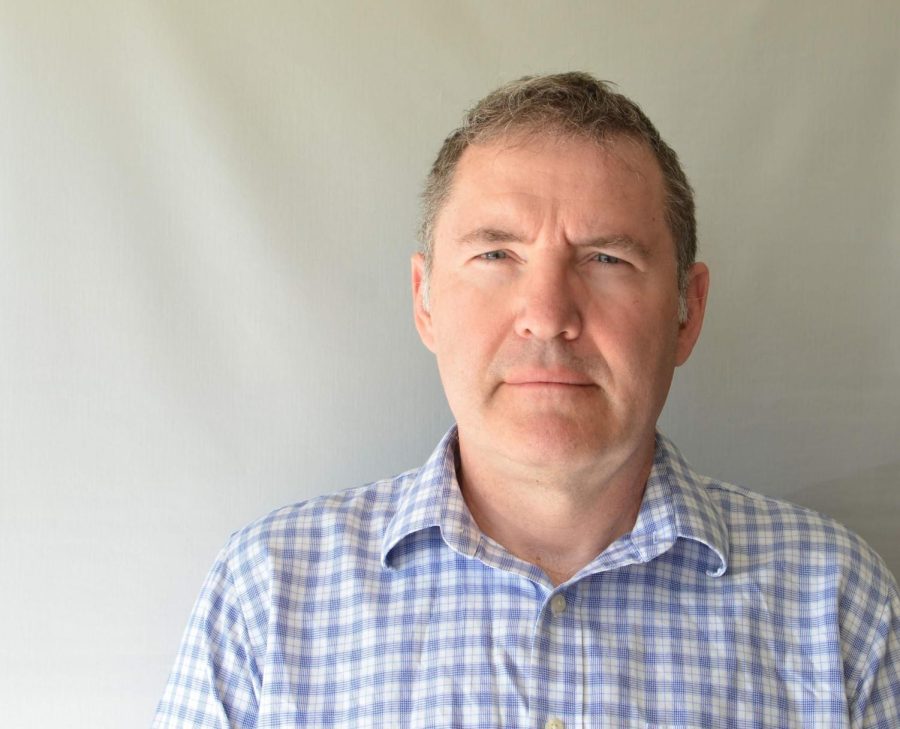UT professor investigates historical violence in North Africa through research
February 28, 2023
Dr. Benjamin Brower first learned about violence through looking at photos in World War II history books with his father during his childhood in the 1970s.
When these books showed Holocaust victims, Brower said his father would quickly turn the page because of Brower’s young age, leaving him curious to learn the deeper roots of historical violence against marginalized groups in the 20th century.
“I grew up seeing (violence) firsthand,” said Brower, an associate history professor. “I wasn’t a victim of war immediately, but (when) you’re surrounded by (those things), it puts up antennas in what you’re doing.”
Growing up amidst the Civil Rights Movement and the Vietnam War led Brower to a historian career specializing in 20th century violence. Brower conducts research projects focused on Algerian populations and North African Holocaust survivors in archives and said he shares his favorite work with his students.
“I can connect with (students) in the sense that we’re speaking different languages, but we have a common problem we’re trying to solve,” Brower said. “The importance of what I do, I feel it at those moments.”
Brower said he is currently working on a research book analyzing symbolic forms of violence in language, specifically in Algerian Arabic names changed by the French, who colonized the Algerian population in the 19th and 20th centuries.
“Today, people in Algeria feel they’ve lost something,” Brower said. “I try to go back to the archives … and reconstruct this history. People have a sense of loss, and they need an empirical accounting of what the loss is.”
Anthony Paultanis, a history and government senior, wrote his senior thesis with Brower and took his first UT class from him called “Revolution Decolonization in North Africa.” Paultanis said working with Brower gave him the courage to pursue a career in history.
“He saw something in me just from being (in class),” Paultanis said. “From there, he gave me the confidence to ask more questions and build on (my knowledge) more.”
Paultanis said Brower’s extensive knowledge of North African violence allows him to lecture in innovative ways, which drew him into the field he wants to study.
“He’s got decades of experience and knowledge … (Dr. Brower) can just pull something out of his hat,” Paultanis said. “He can always tie (stories) back to what we’re learning and challenging the way we think. As a leader, (he gives) people like me an opportunity to make a name for myself.”
Computer science senior Srikar Ganti said learning about violence from Dr. Brower allows students to contextualize the uncomfortable and heavy topics they see in the media daily.
“I wanted a framework to understand (violence) because it’s scary to think about,” Ganti said. “Looking at violence as an act is repulsive, but if you can understand it, you can move past the fear and get a sense of why things happen the way they do.”
Brower said the most rewarding part of his work includes new discoveries that broaden the realm of history and encouraging students to pursue the field.
“(Historians) sit around by (themselves) and read a lot,” Brower said. “When you get these chances to connect with … young people who are making their way and forming their opinions about the world, they’ll certainly go on to do great things.”











